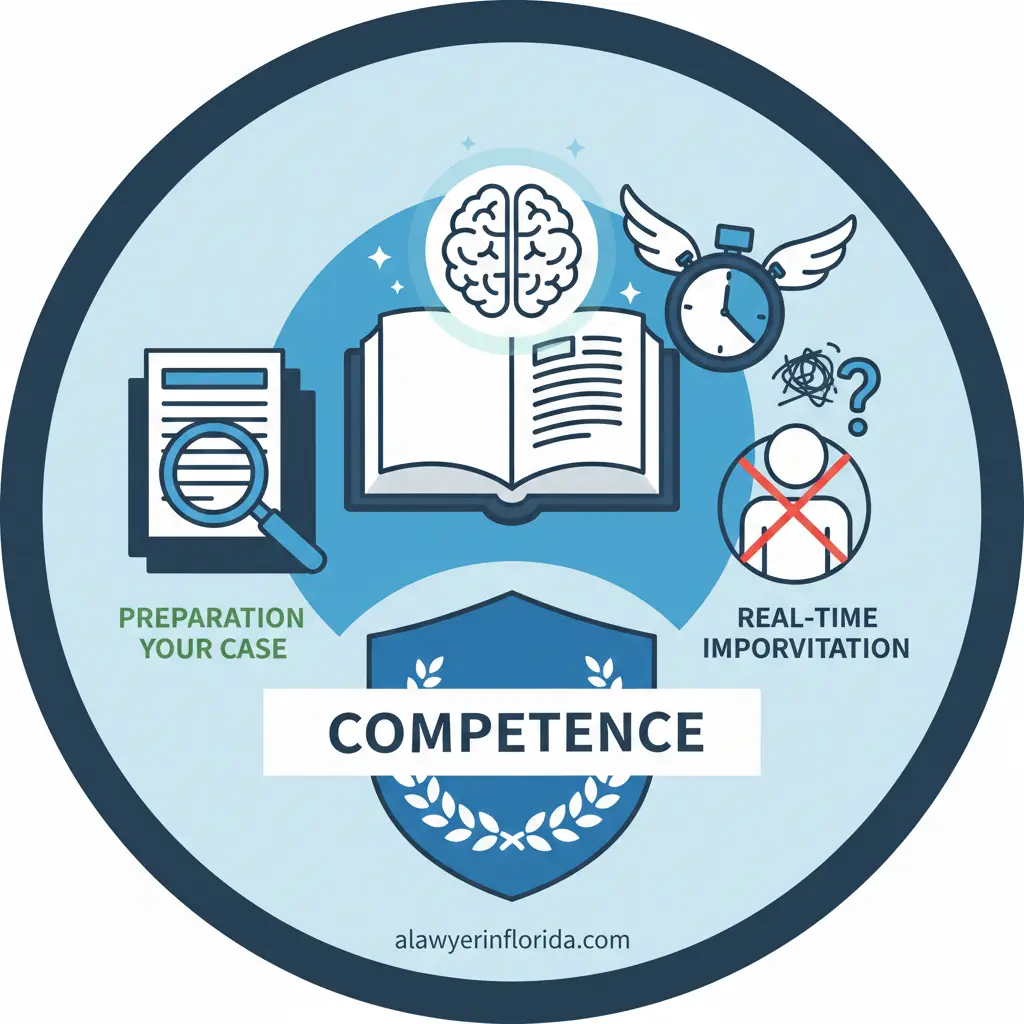Discovery usually takes the form of testimony under oath in a deposition, obtaining documents and information from an adversary, written requests that certain facts be admitted or documents authenticated through admissions, inquires made in writing in the form of interrogatories, and by inspections of property and things.
When the information is sought from a third party, a litigant can issue and serve a subpoena on the third party.
Discovery is generally governed by rules codified in statutes under federal or state law. Some courts adopt local rules that manage discovery. Moreover, some judges have individual or chambers rules that details how discovery is to be conducted and imposing some restrictions on the use of discovery. Any litigant is encouraged to see if the Court in which the action is pending and the assigned judge have any rules that govern discovery.
In a future posts I will explore some common restrictions on discovery and the consequences of a party failing to cooperate in the discovery process.
Discover more from A Lawyer In Florida
Subscribe to get the latest posts sent to your email.




